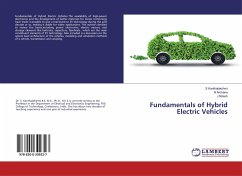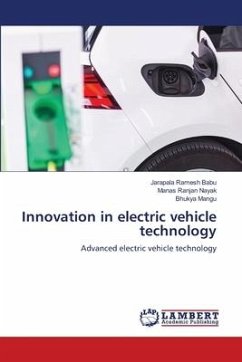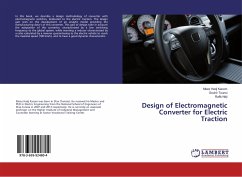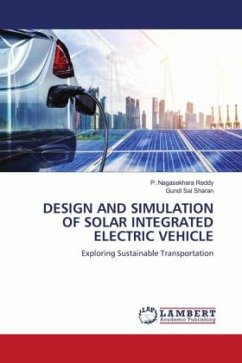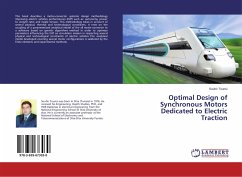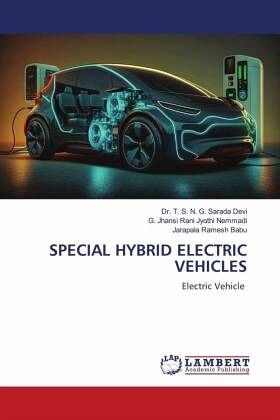
SPECIAL HYBRID ELECTRIC VEHICLES
Electric Vehicle
Versandkostenfrei!
Versandfertig in 6-10 Tagen
53,99 €
inkl. MwSt.

PAYBACK Punkte
27 °P sammeln!
Transportation networks powered by fossil fuels are essential to the economic and social progress of the modern world. The United States Department of Transportation estimates that there are around 250 million motor vehicles in use in the country [1]. With output and sales of 13.79 and 13.64 million vehicles, respectively, in 2009, China surpassed the United States to become the world's biggest automaker and car market [2]. Rapid growth in the number of cars owned by individuals throughout the globe is a predictable byproduct of continuing urbanisation, industrialisation, and globalisation. Th...
Transportation networks powered by fossil fuels are essential to the economic and social progress of the modern world. The United States Department of Transportation estimates that there are around 250 million motor vehicles in use in the country [1]. With output and sales of 13.79 and 13.64 million vehicles, respectively, in 2009, China surpassed the United States to become the world's biggest automaker and car market [2]. Rapid growth in the number of cars owned by individuals throughout the globe is a predictable byproduct of continuing urbanisation, industrialisation, and globalisation. The problems associated with this tendency become obvious when considering the reliance of transportation on oil. The Earth's oil supply is finite, and its use has contributed to climate change, urban air pollution, and international strife. As a result, issues with the world's energy infrastructure and the environment have arisen in great part because of individual modes of mobility.








